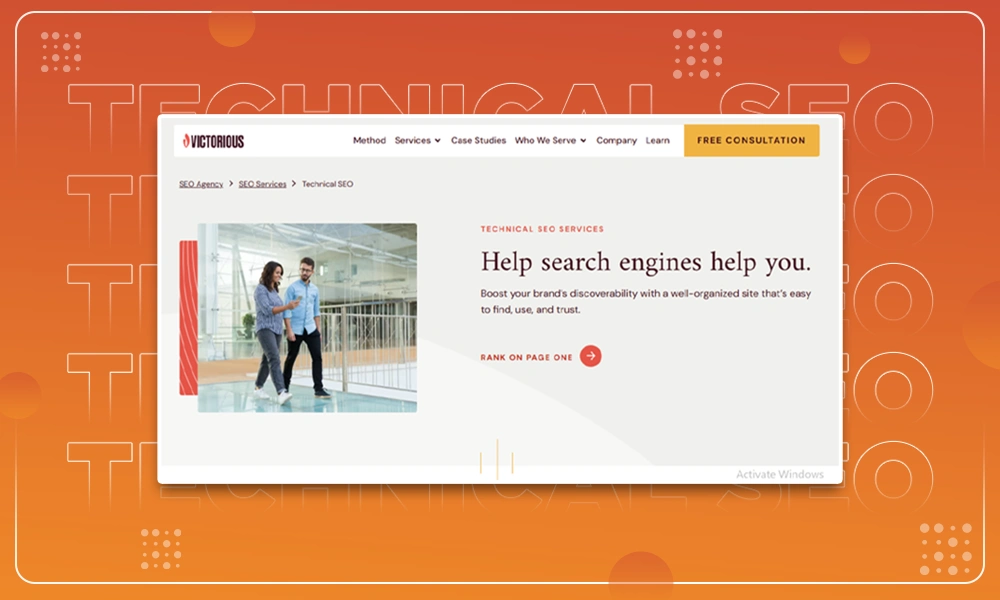Reasserting Your Privacy in Light of the T-Mobile Controversy

Privacy breaches and scandals can appear to be ten-a-penny at the moment, but the most recent of these has been particularly substantial. Reuters report that the FCC would be investigating T-Mobile following revelations that up to 47 million current, former and prospective customers had had their data leaked by the cell service giant. In light of this, it’s a good time for digital service users to review their online data.
Social Media Checks
Social media is a famously fertile ground for privacy leaks. Security Magazine noted that 200 million Facebook, Instagram, and LinkedIn users had been exposed in January after their data was breached after being scraped by Chinese startup Socialarks. It’s a good idea to review what privacy settings you use on social media, what level of information you have provided, and also to see what data is retained. It’s relatively simple to download your Facebook archive today, as it is for other social media firms, and this can be a good start in finding how open you are online.
Email Breaches
Massive data breaches are all too common, too, but there are plenty of tools to see where the issues have arisen. One of the most popular and oft-imitated is Have I Been Pwned, which shows the number of data breaches any given email has been named in. These services can help you to identify services you should firm up with new passwords, or perhaps old accounts where you can close it entirely.
Financial Data
The encryption that banks use is typically very high-quality, yet financial data is leaked with relative regularity. TechCrunch has highlighted the particularly high-profile case involving vulnerabilities exploited in Accellion, a file-sharing service, and the impact on Morgan Stanley – who lost the details of corporate customers. On an individual basis, keep your passwords, secret words, and related details up to date, and consider deleting card details from vendors you no longer shop from – if not removing the ‘memory’ service for your cards entirely. It’s better to enter them fresh, each time than risk losing money.
Practicing good digital hygiene will help your data to stay secure and out of the hands of malicious actors. There are far too many of them around in the modern day to be entirely free from risk. It follows that the best protection is your own good habits.










